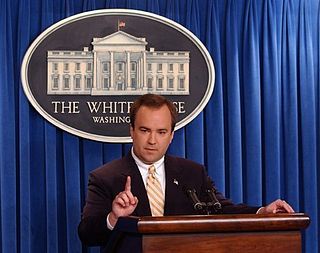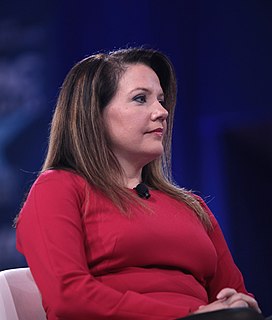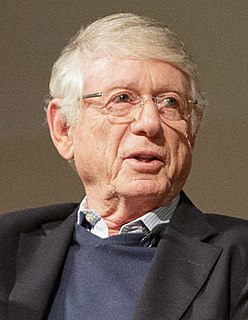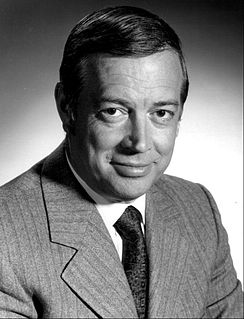A Quote by Greg Grandin
President George H. W. Bush soon launched Operation Desert Shield, sending an enormous contingent of troops to Saudi Arabia. But once there, what exactly were they to do? Contain Iraq? Attack and liberate Kuwait? Drive on to Baghdad and depose Saddam? There was no clear consensus among foreign policy advisers or analysts.
Related Quotes
Should President Clinton have killed Osama bin Laden when he had the opportunity in 1990s? Should President Bush have sent the U.S. military into Iraq to depose Saddam Hussein in 2003? Should President Obama have withdrawn all troops from Iraq in 2011? Such questions provide no real insight into future considerations.
It is regrettable that Senator Kennedy has chosen Veteran's Day to continue leveling baseless and false attacks that send the wrong signal to our troops and our enemy during a time of war. It is also regrettable that Senator Kennedy has found more time to say negative things about President Bush then he ever did about Saddam Hussein. If America were to follow Senator Kennedy's foreign policy, Saddam Hussein would not only still be in power, he would be oppressing and occupying Kuwait.
When George Bush Senior [George HW Bush] was getting his alliance together to go into Iraq - to kick the Iraqis out of Kuwait - he rang me up. I was very close to George Bush Senior; I got to know him well as Vice President to Ronald Reagan. And George rang me up and said, "Oh, Bob," he said, "I'm having trouble with Brian [Mulroney]." He said, "He's got a big wheat trade with Iraq, and he doesn't want to upset that." I said, "You leave it with me."
In fact, five years ago, after Saddam ejected the UN inspectors, John McCain and I gave up on containment and introduced the Iraqi Liberation Act, which, when it became law, made a change of regime in Baghdad official US policy. You might therefore say that, when it comes to Iraq, President Bush is just enforcing the McCain-Lieberman policy.
If you ask a Saudi Imam why women in Saudi Arabia can't drive, he'll say, 'Because Islam demands it.' But that's absurd, because - first of all - Islam demands no such thing; and secondly, the only country in the world in which women can't drive is Saudi Arabia. The inability to understand the difference between a cultural practice and religious belief is shocking among self-described intellectuals.
Every president inherits difficult problems. George W. Bush inherited eight years of a failed foreign policy and did nothing about the growing threat of Islamic terrorism, except a one-time lob of a cruise missile into the desert at a camp that had long been abandoned. George Bush inherited that, and 9-11 was the result of that. Every president inherits problems. Harry Truman inherited a war. Stop blaming the person before you and go forward and take leadership and deal with the problem.
A secret blueprint for US global domination reveals that President Bush and his cabinet were planning a premeditated attack on Iraq to secure regime change even before he took power in January 2001... It has been called a secret blueprint for US global domination. ... A small group of people with a plan to remove Saddam Hussein long before George W. Bush was elected president. ... And 9/11 provided the opportunity to set it in motion. Not since Mein Kampf has a geopolitical punch been so blatantly telegraphed years ahead of the blow.
I would recommend any American who wants to understand where the government is going in the next four years of George W. Bush presidency to get a copy of her confirmation hearings before the Senate Foreign Relations Committee. It's a road map, and it's pretty frightening testimony. Their definition of where democracy should go in the Middle East doesn't include Egypt, Jordan, Saudi Arabia, Pakistan; it only includes Iraq, Iran, and Syria.
If hemp could supply the energy needs of the United States, its value would be inestimable. Now that the drug czar is in final retreat, America has an opportunity to, once and for all, say farewell to the Exxon Valdez, Saddam Hussein and a prohibitively expensive brinkmanship in the desert sands of Saudi Arabia.








































